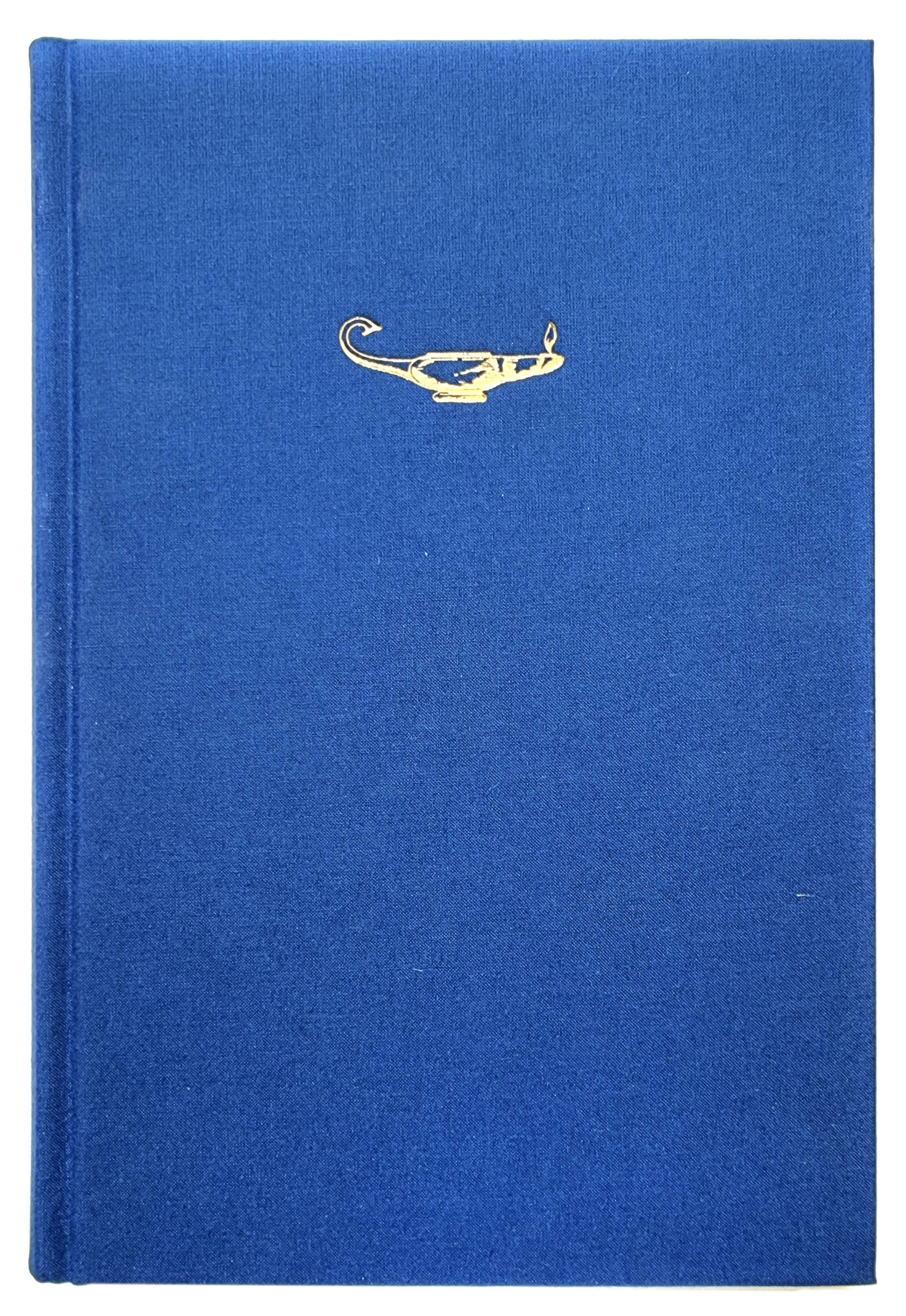Lending the court honour and lustre
French baroque opera in Stockholm in the beginning of Sweden’s age of liberty
Keywords:
Ulrika Eleonora (the younger), 17th-century Swedish court, ballet, opera, Lully, Jean-Baptiste LandéAbstract
In 1720, the French ballet master Jean-Baptiste Landé was recruited to the Swedish court in Stockholm. Two years later, he was involved in a courtly project of extraordinary dimensions and character: to engage a French troupe to perform theatre but also whole operas in the Swedish capital. Courtly entertainment in early modern Northern Europe largely copied French models, yet, despite the important role opera had as one of the most emblematic expressions of the court of Louis XIV, French operas were rarely performed outside France and the Low Countries. When Landé’s troupe of about 30 French actors, dancers, and singers arrived in Stockholm in the autumn of 1723 they brought, in addition to their repertoire, knowledge, and practices, their organizational form modelled on the Académie royale de musique in Paris (founded in the beginning of the 1670s). This article revisits the few fragmentary and scattered details of this undertaking, preserved in contemporary travel documents, letters, diaries, and official descriptions. In addition, types of source material previously not examined—extant music and foreign libretti—have been included. Taking into consideration recent discussions on musical patronage, this article provides new insights regarding the opera performances in Stockholm 1723–1724 in relation to the political turbulence and shift of power that characterized Sweden and the Swedish court in the 1720s.
Downloads
Published
Issue
Section
License
This work is licensed under a Creative Commons Attribution 4.0 International License. The copyright for the work published in Lychnos remains with the authors.


